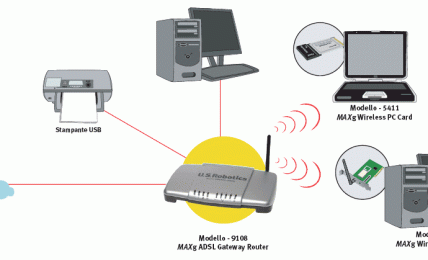When the Internet first came into existence, some educators speculated that the day would come when the Internet was an indispensable tool in learning and teaching. Years later, the Internet has both met and surpassed these initial expectations. Innovators are continuously developing new programs and applications to further enhance learning, and the appeal of the Internet has become so strong that few schools can ignore its benefits.
Google Apps for Education
One of the most revolutionary online resources for schools is Google Apps for Education. This package of educational applications offers programs similar to those included in the Microsoft Office package. However, Google Apps is free for the students, teachers and administrators of qualifying educational institutions. These applications can be used to support learning, teaching, and even administration.
The benefits of Google Apps are seemingly endless for students and teachers alike. Students, teachers, and administrators can all benefit from learning to use Gmail to communicate with one another. Likewise, students can use Google Docs to upload class papers, and teachers can use it to upload important documents for students to review. Administrators and Teachers can use the calendar features to create master schedules of upcoming events and deadlines. Furthermore, teachers implementing online instructional programs can use Google Apps to support nearly every aspect of the online learning process.
Trends in Online Learning
The multitude of educational benefits offered by programs like Google Apps is not going unnoticed. In fact, 61 of the top 100 institutions of higher learning have already begun utilizing Google Apps to enhance their educational programs. Many teachers and administrators were already using Google Apps f or personal reasons and to communicate with one another, so this change is easy to implement in most cases.
or personal reasons and to communicate with one another, so this change is easy to implement in most cases.
Efficacy of Online Learning
Using online programs is not only convenient for institutions of higher learning, but it has also been shown to produce better results for students. According to the New York Times, the results of recent studies comparing online learning to traditional classroom instruction have shown that programs that incorporate online learning are sometimes more effective for students than programs that rely solely on traditional forms of instruction.
The Bottom Line
Even as online learning programs continue to evolve, it is unlikely that they will completely replace classroom instruction. However, it is not wise to ignore the consequences of failing to incorporate technology into classroom-based courses. Students cannot survive in today’s world without at least a basic understanding of common technologies. Furthermore, educators cannot expect their students to thrive without advanced technological skills. To gain the maximum benefit, students need to be regularly exposed to online learning tools and other forms of technology.
Using online programs such as Google Apps allows educators to teach students about core subject matter while simultaneously teaching them how to use different forms of advanced technology and useful online tools. In addition, students develop a deeper understanding of the course’s core subject matter when teachers use technology to supplement traditional instruction.





